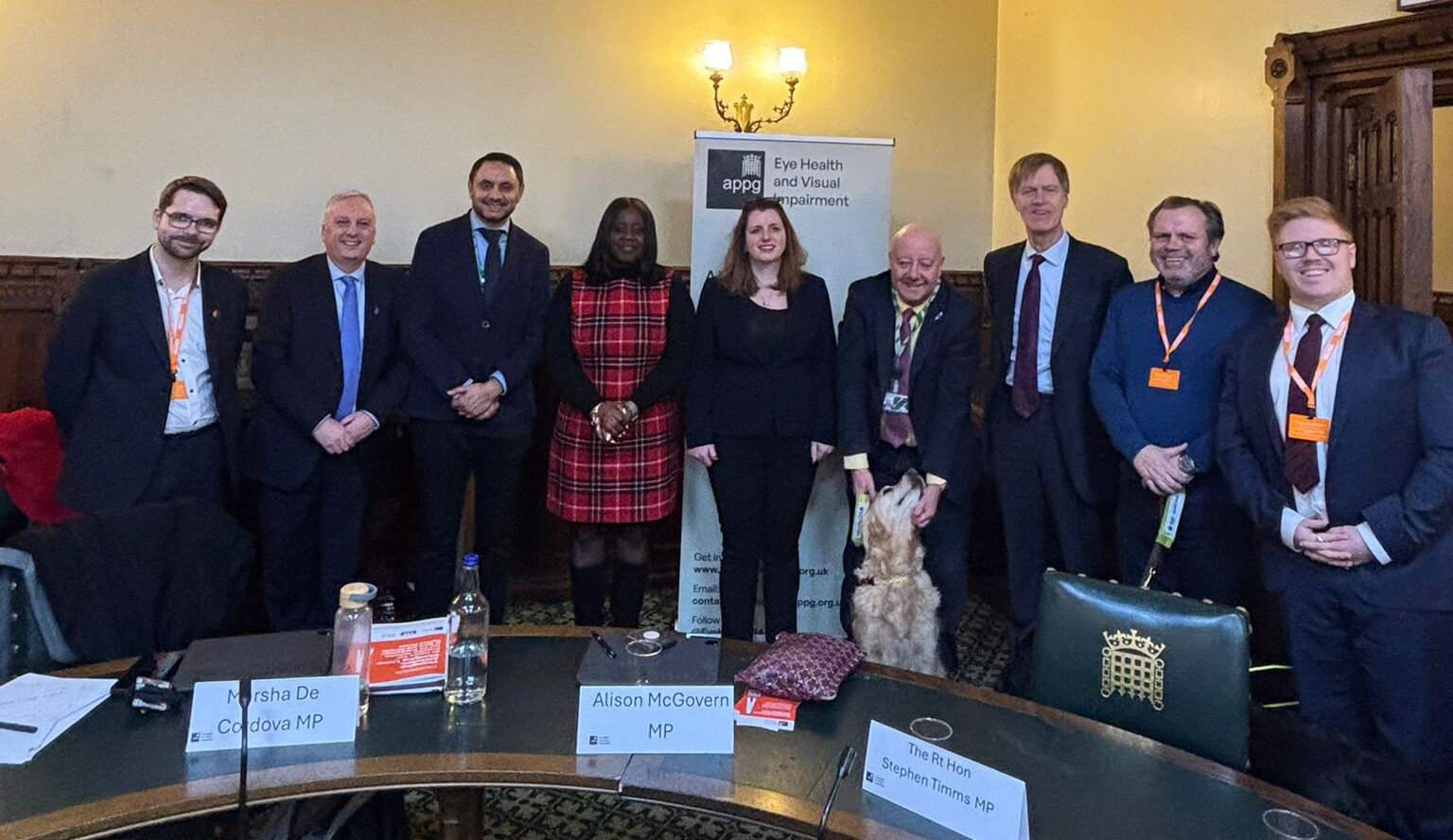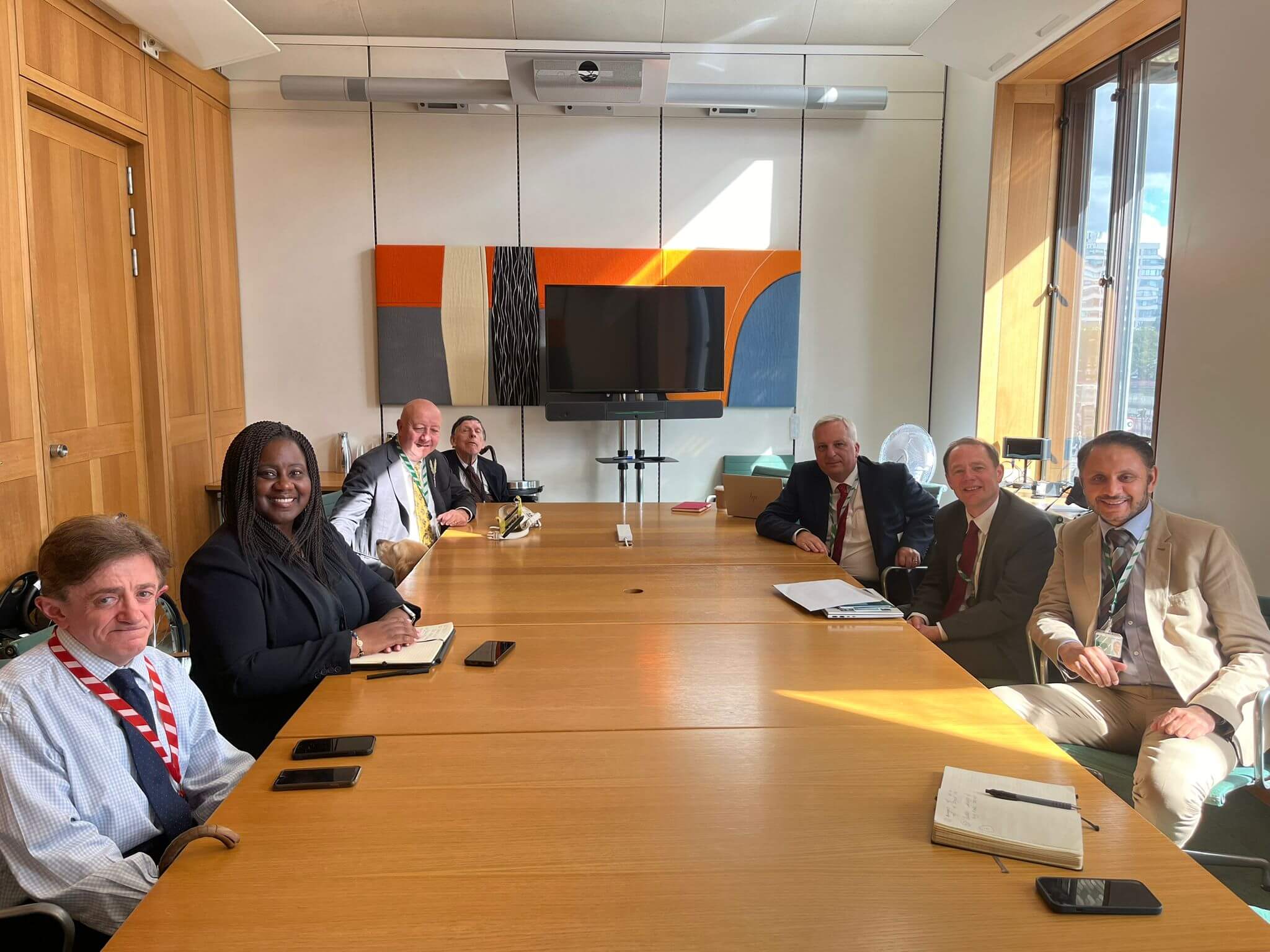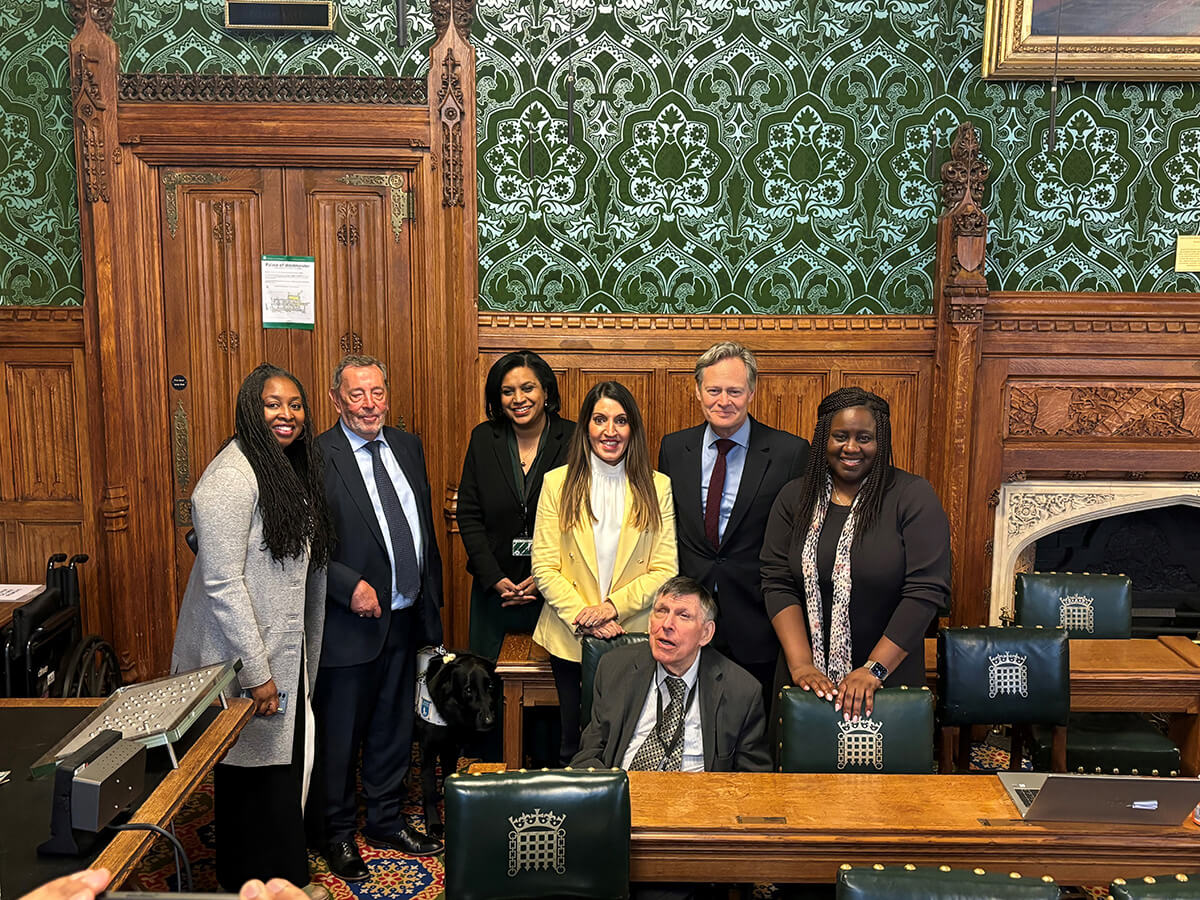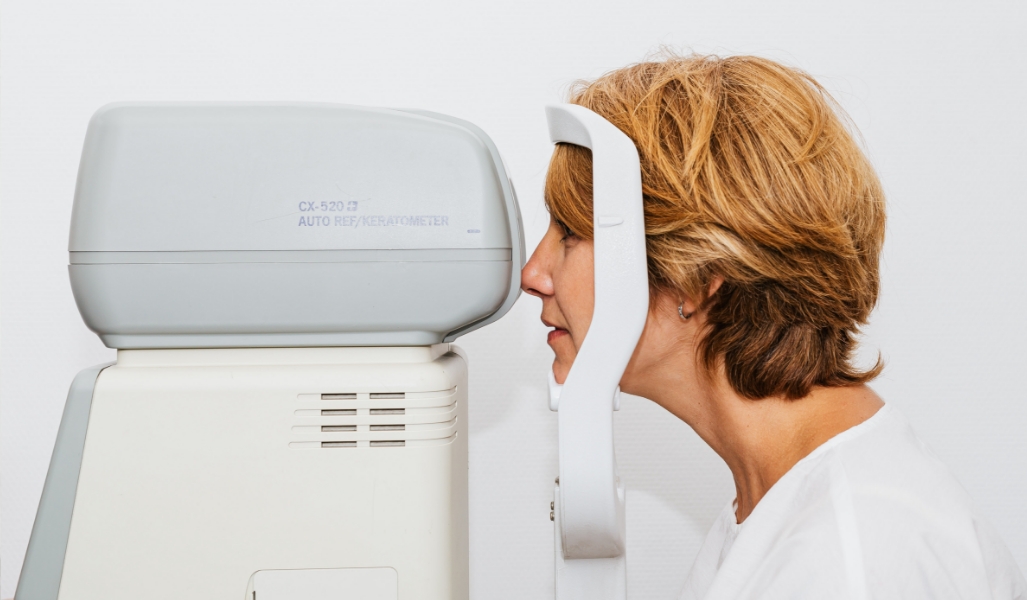News and events
Explore our collection of articles, stay ahead with upcoming events,
and read minutes from our previous meetings.
Meetings & events
Minutes of recent meetings
APPG Meeting on Employment – Discussing the recommendations from the Changing Attitudes, Changing Lives Report.
Inaugural Meeting
The Eye Health and Visual Impairment APPG held its Inaugural Meeting in the new Parliament on Wednesday 11th September
T* APPG Meeting (Eye Health) and AGM 2-4pm, Parliament
The Eye Health and Visual Impairment held its AGM on Tuesday 19th March.
26th April 2023
The APPG session discussed the eye care workforce and explored current challenges, opportunities and recommendations for the eye care workforce needed now, and in the future.
22nd February 2023
The APPG session looked into employment and the Access to Work scheme. Panelists and attendees discussed the advantages of the Access to Work scheme when it was deployed efficiently and highlighted the impact of delayed assessments and implementation had on people with sight loss.







